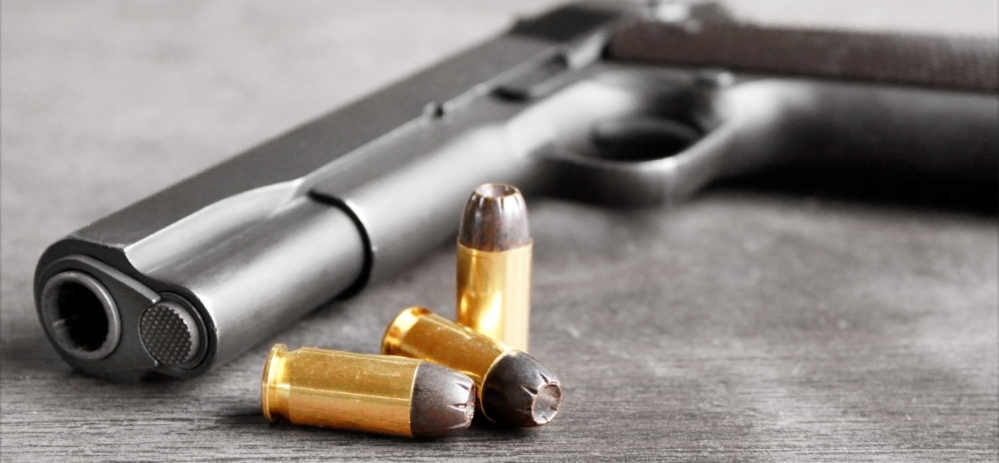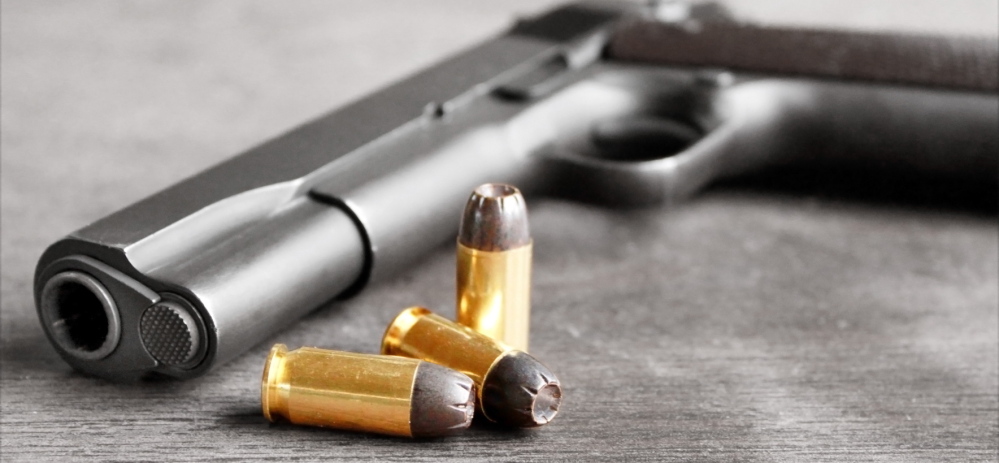It’s been almost a year since the dreadful events unfolded at a small elementary school in Newtown, Conn. Twenty first-graders and six educators were shot and killed by a young man carrying a semi-automatic rifle; he had killed his mother at their Newtown home before driving over to the school, and he shot himself as police closed in.
The Newtown school massacre touched off an enormous debate over gun rights and gun control. Though polls show broad-based public support for proposals to curb gun violence – particularly expanding background checks – Congress failed to pass a single major reform.
At the state level, legislators across the country enacted around 110 new gun laws, nearly two-thirds of which actually loosen gun restrictions. That said, eight states did pass significantly tougher regulations. The bad news is that Maine wasn’t among them.
A DEADLY IMPULSE
This lack of action is fine with gun-rights advocates, who cite our low crime rate, high gun ownership rate (55 percent of surveyed Maine adults have a gun on their property) and deep-rooted hunting culture as proof that firearms aren’t misused here. But anyone who concludes that our state has no gun problem and dismisses the need for substantive action in Augusta is ignoring the most prevalent gun fatalities – those that are self-inflicted.
In Maine, suicide is lower-profile but occurs more frequently than homicide. In fact, suicide is the 10th leading cause of death here – and more than half of suicide deaths in the state involve a gun. This is grim, but not surprising, considering that experts have found that having a gun in the home is the most important factor in how likely one is to die in a suicide attempt.
It’s not because people who live in homes with guns are more likely than others to experience depression or substance abuse, which are also risk factors for suicide. It’s because the impulse to take one’s own life is a fleeting one, so the greater the access to effective means of suicide at a critical moment, the greater the impact on suicide mortality rates.
NO PROGRESS IN AUGUSTA
Maine lawmakers have had the chance to take steps to prevent gun suicides, but they haven’t done so. In 2005, a mandatory waiting period for young people purchasing firearms was proposed and failed. Last session, a measure tanked that would have created a civil penalty for someone who sold a gun without a background check to a person barred from owning one because of having been involuntarily committed to a psychiatric institution.
What’s more, earlier this year, lawmakers passed a bill making concealed-carry permit records confidential. This makes it impossible for a concerned citizen to find out whether the agency that issued the permit overlooked something and granted it to an applicant who was actually ineligible.
This would be one thing if Maine had a comprehensive, widely adhered to permit application evaluation process. But a state police spokesman told legislators this week that four in 10 Maine municipalities that issue concealed-carry permits don’t do the required mental-health checks.
A GROWING DISPARITY
Suicides account for most gun deaths; in 2010, the last year for which complete federal data are available, there were about 19,000 gun suicides, compared to about 11,000 homicides by gun. While the mass shootings such as the one at Newtown are unspeakable, the fact is that more victims of gun violence die at their own hand than at somebody else’s – and that gap is only getting wider.
Of course, gun owners should take all available precautions to keep firearms out of the hands of troubled family members. (The gunman in Connecticut had easy access to weapons legally acquired by his mother.) And we don’t want to take away firearms from anyone who’s using them for a lawful purpose. But we also can’t overlook that innocent people are dying each day, one by one, and that there are things we should be pressuring our elected officials to do to help prevent this.
Send questions/comments to the editors.




Success. Please wait for the page to reload. If the page does not reload within 5 seconds, please refresh the page.
Enter your email and password to access comments.
Hi, to comment on stories you must . This profile is in addition to your subscription and website login.
Already have a commenting profile? .
Invalid username/password.
Please check your email to confirm and complete your registration.
Only subscribers are eligible to post comments. Please subscribe or login first for digital access. Here’s why.
Use the form below to reset your password. When you've submitted your account email, we will send an email with a reset code.